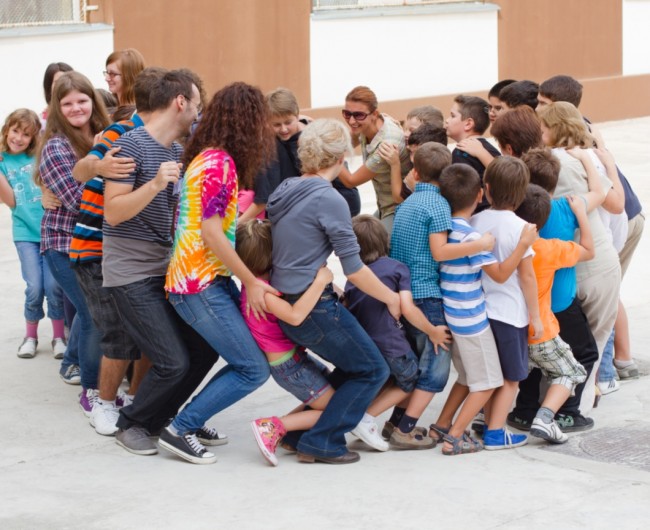How we teach
Gifted means that the child is mentally wired in a different way, so has different needs and he/she needs a differentiated education.
And we are here to serve them. To help the gifted children feel good in their own skin and challenged. We use different teaching strategies which adapt the curriculum quantitatively as well as qualitatively (rhythm, learning interests, learning styles). These include a wide variety of advanced-level learning, promoting the use of higher order thinking skills, making the learning experience more enjoyable, relevant and engaging.
- Ability grouping: We offer the child the possibility to group with other bright children for activities according to their interest, passion or ability
- Subject acceleration: The child can go through the material at a higher rate, because the child can easily master regular material faster than the normal pace. Following the observations of the teacher, the child is provided with material in lumps, according to his interest and speed. This faster rate is a challenge that stirs intelligence to personal delight.
- Enrichment activities: The child can work on a curriculum not normally covered. Type 1 activities includes: field trips, demonstrations, guest speakers, video presentations; Type 2 activities helps the child expand their research, referencing and higher-order thinking abilities. This includes report writing, projects, field trips ; Type 3 activities moves the student from being the learner to the first-hand inquirer. They engage the skills of experts and practitioners in the field and use a real audience. Activities involve students in realistic problem situations and include “apprenticeship, mentorship, science fairs, stock trading” (Gibson and Efinger, 2001).
- Curriculum Compacting: This is the case when the normal curricula can be taught in a few weeks’ time, while giving the child the option later on to probe and go further to explore his ideas related to the field, through project work and team play.
- Special reading assignments: We offer the child more advanced books than the ones used in a regular class.
- Skipping grades: With our school it is possible that the the child can skip two grades ahead instead of one. This option is based on the guidance offered by a counsellor who evaluates the child’s readiness to be in a classroom with older students. Some academically gifted children are not socially or emotionally mature enough to sit in class with older children. But they can and will so, in our school, if they are ready.
- Playing. All our learning is based on GAMES. If you want to understand more the meaning and excitement of it – please accept the challenge to meet the World Peace Game – and the work of John Hunter – TED: John Hunter: Teaching with the World Peace Game
How do we make our children feel great
We provide an environment where children can feel good for who they are. The environment is fun, creative and based on freedom of expression. Each student is encouraged based on clear rules and rights to come up with initiative (which include changing the rules), to get involved in his/her own process of development. We don’t encourage and do not use competition as a means of speeding children towards some goal. „You are not in competition with anyone else. This is you, and you are free.” We do emphasise this during the day-to-day interactions, and we let children indeed feel free to be themselves. If they think and act differently, we are all here to act and think differently, teachers and staff, all alike. We have the mindset to make everyone feel secure for their questions, enquiries, feelings, and all interests. This is the right setting which allows everyone to feel all right by being themselves. This is one of the greatest general settings which offers empathy, openness, and a mindset to tolerate differences and appreciate and admire diversity – which in turn, in time, consolidates into a resilient personality able to cope well within the self and with all that life provides.


